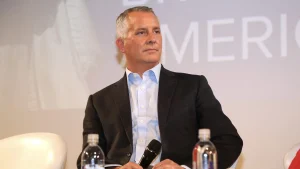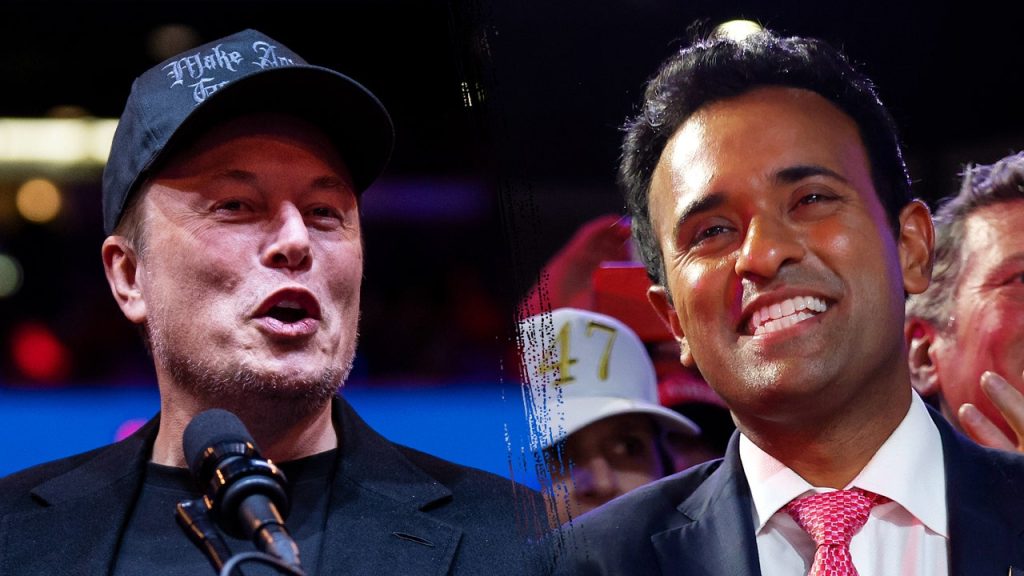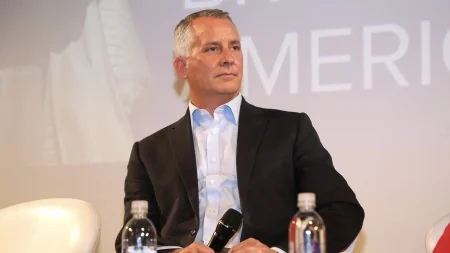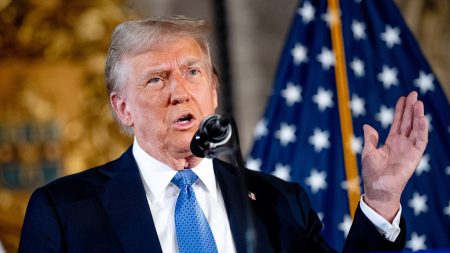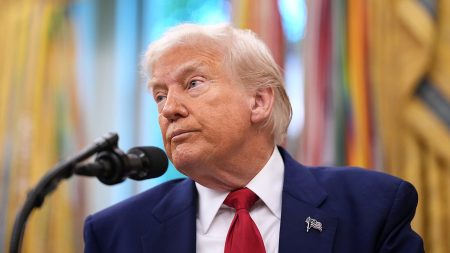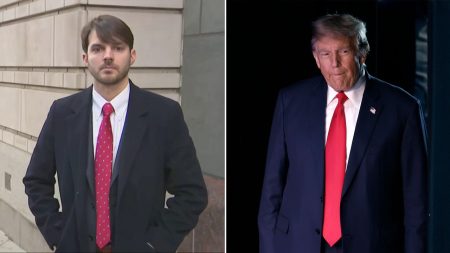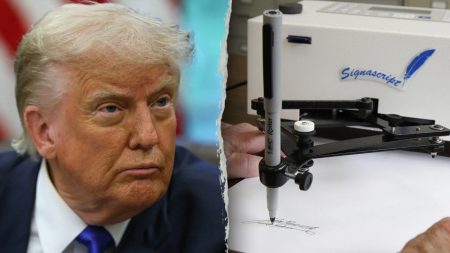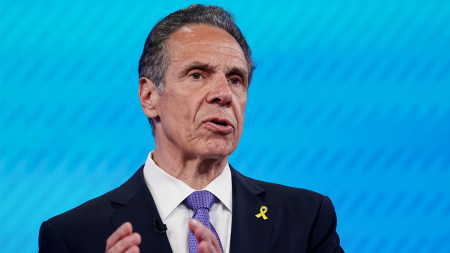The newly formed Congressional DOGE Caucus, an acronym for Delivering Outstanding Government Efficiency, is setting its sights on federal agencies’ work-from-home policies as Republicans prepare to assume control in Washington D.C. next year. This caucus, mirroring the name of President-elect Trump’s advisory panel on government efficiency also led by Elon Musk and Vivek Ramaswamy, held its inaugural meeting on Tuesday, characterized by lawmakers as primarily organizational. The meeting saw a significant turnout, exceeding expectations with over 60 members attending, including three Democrats, signaling bipartisan interest in the caucus’s objectives. The caucus distributed documents encouraging members to brainstorm potential DOGE goals, categorizing them into “worthwhile lifts,” “quick wins,” “lower priority,” and “low-hanging fruit” to facilitate prioritization and organization of initiatives.
One of the key targets identified as “low-hanging fruit” by caucus co-chair Rep. Aaron Bean (R-Fla.) is the prevalence of work-from-home arrangements among federal employees. Bean voiced concerns about the perceived low occupancy rates in federal buildings, estimated between 6% and 15%, while maintaining substantial expenditures on upkeep for these largely unused spaces. He questioned the necessity of such extensive office space if employees are primarily working remotely, sparking a debate about the productivity of remote work and its implications for government spending. This concern was echoed by Rep. Beth Van Duyne (R-Texas), who pointed out the discrepancy between the low number of federal employees physically present in offices and the costs associated with maintaining office space for all employees.
The focus on federal employee work habits aligns with broader concerns about government efficiency and spending. Rep. Bean emphasized that the DOGE Caucus’s intent is not to cut benefits like Social Security, Medicare, or veterans’ benefits, but rather to safeguard them by identifying and addressing inefficiencies elsewhere in the government. He argued that ensuring the long-term viability of these programs requires finding cost savings in other areas. This clarification aims to address criticisms leveled against the DOGE initiative, particularly accusations that it serves as a pretext for reducing essential social programs.
The meeting generated enthusiasm among attendees, who expressed optimism about the caucus’s potential to streamline government operations and reduce costs. Rep. Nick Langworthy (R-N.Y.) described the meeting as a positive first step, encouraging members to formulate concrete ideas and translate them into legislative proposals through the established committee process. He highlighted the grassroots nature of the initiative, emphasizing the input received from constituents. Rep. Blake Moore (R-Utah), another caucus co-chair, underscored the abundance of ideas and the need to refine them into actionable plans for Musk and Ramaswamy’s consideration.
The caucus co-chairs, Bean and Moore, indicated that the next steps involve forming working groups to address specific aspects of the DOGE mission, providing a structured approach to tackling the identified challenges. This structured approach will facilitate focused efforts on specific areas of government efficiency and allow for more specialized expertise to be brought to bear on each issue. By dividing the overall mission into smaller, more manageable components, the caucus aims to increase its effectiveness and achieve tangible results. This division into working groups will also allow for a more streamlined and efficient process of translating ideas into concrete policy proposals.
The Congressional DOGE Caucus’s emergence reflects a growing emphasis on government efficiency and cost-cutting. The caucus’s initial focus on federal employees’ work-from-home policies signifies its intent to tackle what it perceives as wasteful spending within government operations. While the long-term impact of the caucus remains to be seen, its early activities suggest a commitment to addressing perceived inefficiencies and streamlining government processes. The next caucus meeting is scheduled for January, where further progress on these initiatives is expected. This upcoming meeting will likely provide more concrete details about the specific targets and strategies the caucus intends to pursue in its quest for greater government efficiency.
